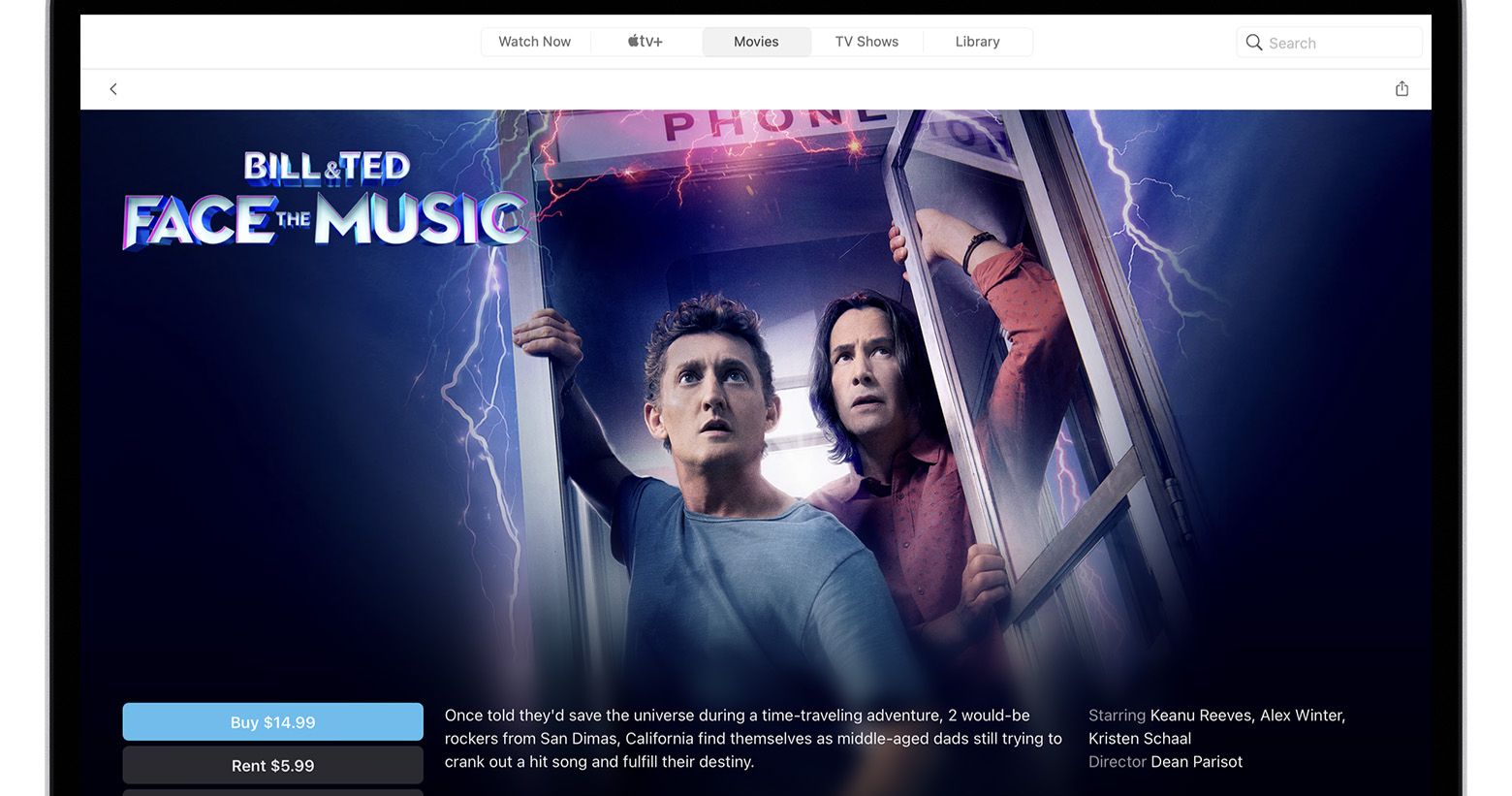Apple is in the middle of an important lawsuit that could change the way digital movies and TV shows are sold in the future. In recent years, much attention has been called to digital purchases through retailers such as iTunes. While the word "buy" implies that people will own these items forever, they can, at the drop of a hat, be removed from that platform, thus rendering the purchase useless. That very idea is at the center of a lawsuit the tech giant is currently facing in California.
The case is being handled in Sacramento, California. At its center is the way consumers "buy" or "rent" various forms of content such as movies or TV through the iTurns Store. David Andino is the lead plaintiff in the case. He alleges that Apple is being deceptive as these items aren't truly purchased in the way most consumers tend to think of it. Andino outlined the following.
"Apple contends that '[n]o reasonable consumer would believe' that purchased content would remain on the iTunes platform indefinitely. But in common usage, the term 'buy' means to acquire possession over something. It seems plausible, at least at the motion to dismiss stage, that reasonable consumers would expect their access couldn't be revoked."
When buying a DVD, or any other physical media such as a book or vinyl record, that is owned for as long as the person decides to keep it. On the flipside, let's say someone purchases a copy of The Avengers on iTunes. Well, if Apple, for whatever reason, no longer carries Marvel movies, that purchase is rendered useless. Apple, meanwhile, contends that consumers don't truly believe those purchases are meant to last forever.
U.S. District Court Judge John Mendez does not agree with Apple's view on the matter. Apple, for their part, have tried to dodge any complaints of false advertising or wrongdoing. David Andino argues further that the issue comes down to the price. If Apple is going to keep up with this business practice, they are arguably charging too much.
"Apple argues that Plaintiff's alleged injury, which it describes as the possibility that the purchased content may one day disappear, is not concrete but rather speculative. [T]he injury Plaintiff alleges is not, as Apple contends, that he may someday lose access to his purchased content. Rather, the injury is that at the time of purchase, he paid either too much for the product or spent money he would not have but for the misrepresentation. This economic injury is concrete and actual, not speculative as Apple contends, satisfying the injury in fact requirement of Article III."
Depending on how this lawsuit shakes out, it could have major consequences on the digital marketplace. It is worth noting that Amazon is facing a similar lawsuit over digital purchases as well. This to say, it may not be time to get rid of the Blu-ray collection just yet. This news comes to us via The Hollywood Reporter.

